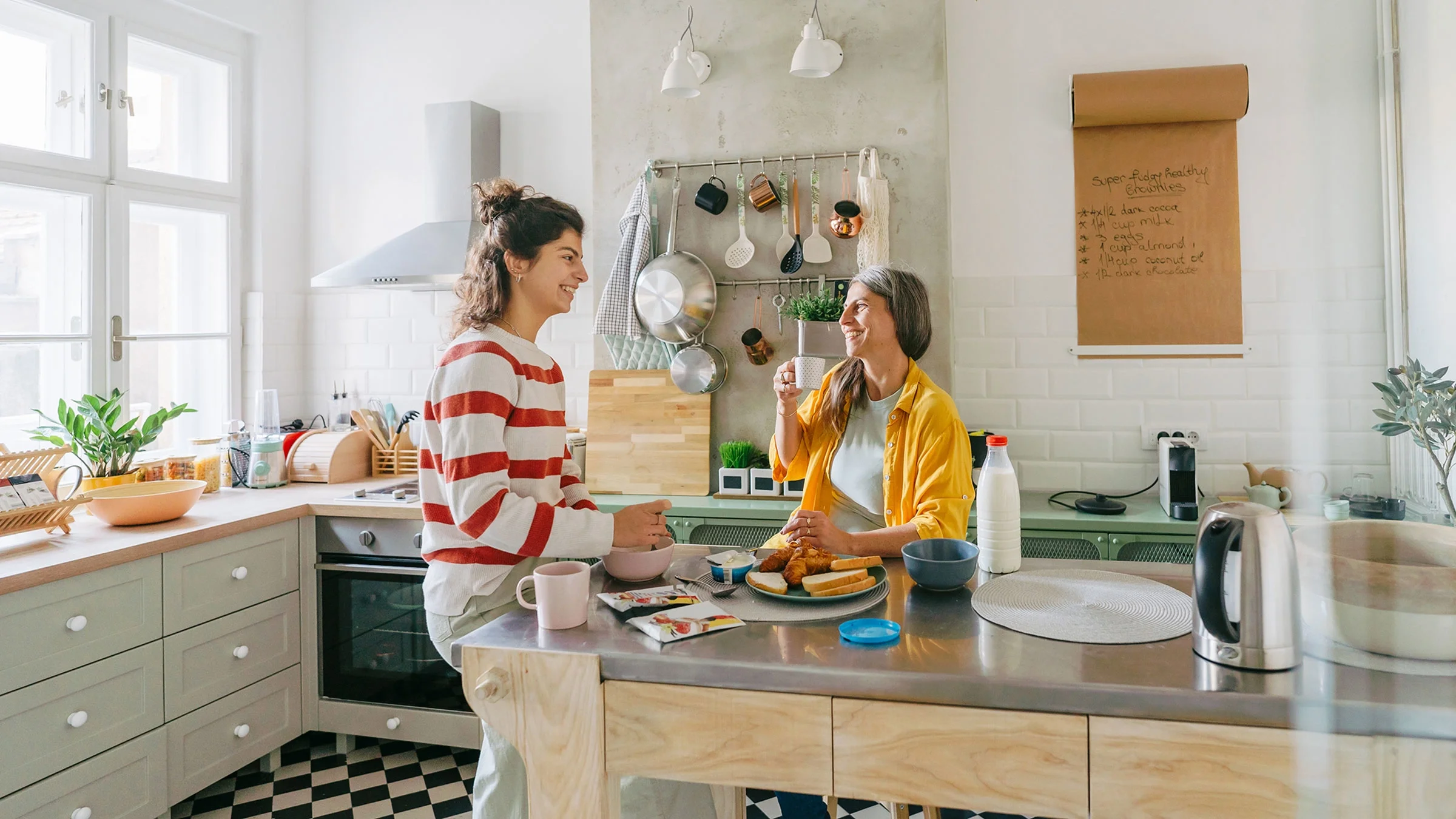Key takeaways:
Pantoprazole is a proton pump inhibitor that can be used to treat gastrointestinal reflux disease (GERD) and stomach ulcers.
Foods that trigger GERD and worsen heartburn symptoms can lessen the effects of pantoprazole.
Try to avoid fried, greasy foods, and spicy foods when taking pantoprazole. You should limit any foods that trigger acid reflux, too.
Save on related medications
Pantoprazole (Protonix) is a proton pump inhibitor (PPI). It's used to treat gastrointestinal reflux disease (GERD), peptic ulcer disease, and ulcers related by the use of medications like ibuprofen and acetaminophen. It’s also used to treat Helicobacter pylori infections.
Pantoprazole blocks the final step in stomach acid release, which lowers the overall levels of acid in your stomach. This helps protect your gut lining from further damage and reduces heartburn symptoms.
Pantoprazole can provide long-lasting relief from GERD and ulcer symptoms. But some foods can irritate your gut and overcome the effects of pantoprazole, bringing your symptoms back in full force. If you’re taking pantoprazole, here are six foods to avoid.
1. High-fat foods
Foods that are high in fat take longer to pass from your stomach and into your intestine. That means anytime you eat high-fat foods your stomach stays distended longer and has more time to push against the muscle separating your stomach from your esophagus. This increases your chance of experiencing heartburn even if you're taking pantoprazole.
Fried, processed, and greasy foods are all high in fat. You want to limit how much of these foods you eat while taking pantoprazole. Some examples of additional high-fat foods to avoid include:
Potato chips
French fries
Pizza
Fried chicken
Processed meats like bacon and sausage
Full-fat dairy products
2. Fruits high in acid
Fruits are an important part of a balanced diet. But some fruits are high in acid. Since you’re taking pantoprazole to lower the amount of acid in your digestive system, eating high-acid foods can undo the medication’s work. High-acid foods can also irritate the lining of your esophagus and stomach if you already have ulcers.
If you’re taking pantoprazole, try to limit or avoid the following fruits:
Oranges
Clementines
Grapefruits
Lemons
Limes
Tomatoes
Pineapples
You also want to avoid products that contain high levels of these fruits, like juices, tomato sauces, and pastes.
3. Acidic drinks and condiments
It’s not just foods that are high in acid. Some drinks and condiments are also very acidic and can intensify heartburn and irritate your gut lining. Try to avoid these items, which are all high in acid:
Soda, including diet sodas
Soy sauce
Barbeque sauce
Ketchup
Mustard
Vinegar and malt vinegar
It’s also worth noting that sodas pack a double punch when it comes to reflux. Not only are sodas acidic, carbonation in the soda distends your stomach so acid is more likely to pass from your stomach into your esophagus.
4. Alcohol
Alcohol is a well-known trigger of reflux and can worsen heartburn. Alcohol directly affects the muscle separating your stomach from your esophagus, making that muscle relax so that acid can flow upward.
Avoid alcohol as much as possible if you’re taking pantoprazole. This will help keep your symptoms in check.
5. Spices
Certain spices have high levels of capsaicin. This is a naturally occurring plant product that creates that “fire in your mouth” effect when you eat spicy foods. Capsaicin can undermine the effects of pantoprazole in two ways.
First, capsaicin slows how quickly your stomach empties. And as you already know, anything that slows down stomach emptying can worsen reflux. Also, while high levels of capsaicin can act as a pain reliever, the low levels in food actually irritate your stomach and gut lining.
Spices with high levels of capsaicin include:
Red chili peppers
Jalapeños
Cayenne
Habanero
In addition to avoiding spices made from these items, stay away from food that contains spices like:
Chilis
Curries
Kimchi
Hot sauce
You also want to avoid spices made from garlic and onions as well as foods that contain a lot of whole garlic or onion. Both garlic and onions can relax the muscle that separates the stomach from the esophagus, triggering heartburn.
6. Caffeinated drinks
Caffeine can also relax the muscle separating the stomach from the esophagus. So if you’re taking pantoprazole, it’s a good idea to limit how much caffeine you drink each day. Both naturally occurring caffeine and human-made caffeine can worsen reflux and heartburn — so make sure to limit both types of caffeine.
Examples of drinks that contain caffeine include:
All coffee drinks
Iced and hot tea
Energy drinks
Energy “shots”
Energy water
What else can you do to help pantoprazole work better?
Pantoprazole is an effective medication, but it still has its limits. There are things you can do to help boost the power of your daily PPI and lessen your symptoms:
Eat smaller meals. Eating smaller meals keeps your stomach from becoming overly distended and putting pressure on the muscle band that separates your stomach from your esophagus. This lowers the risk of acid moving up past your stomach and causing GERD symptoms.
Don’t eat too close to bedtime. When you lie down, you lose the effect of gravity. This makes it easier for acid to move from your stomach up into your esophagus. Lying down with a full stomach further increases the risk of acid movement. Don’t lie down for at least 3 hours after eating, this gives your stomach time to fully empty.
Avoid tight clothing. Tight-fitting clothing puts extra pressure on your abdominal muscles and the organs underneath, like your stomach. The extra pressure on your stomach can prompt acid to move into your esophagus and cause heartburn. Avoid clothes that fit too snuggly over your midsection.
Sleep propped up. If you can, sleep with your head and upper chest elevated about 30 degrees. This helps restore some of the power of gravity so that acid is more likely to stay in your stomach. If you have an adjustable bed, raise the head a few inches. You can get the same effect by sleeping on two or three pillows.
The bottom line
Pantoprazole (Protonix) is a proton pump inhibitor that can be used to treat gastrointestinal reflux disease (GERD) and ulcers. It works by lowering the amount of acid made by the stomach. Some foods can trigger heartburn and lessen the effects of pantoprazole. If you’re taking pantoprazole, avoid greasy and fatty foods, acidic fruits, drinks and condiments, alcohol and caffeinated drinks.

Why trust our experts?


References
Cho, H., et al. (2020). Development of a database of capsaicinoid contents in foods commonly consumed in Korea. Food Science and Nutrition.
Cooper University Health Care. (n.d.). GERD diet.
Hartford HealthCare. (2023). Is alcohol giving me acid reflux?
Smile Ft. Worth. (2021). 5 surprisingly acidic foods that can damage enamel.
Surgical Consultants of Northern Virginia. (n.d.). Foods that trigger heartburn.
Swanson, C. (2020). Foods that cause heartburn. Austin Gastroenterology.
















